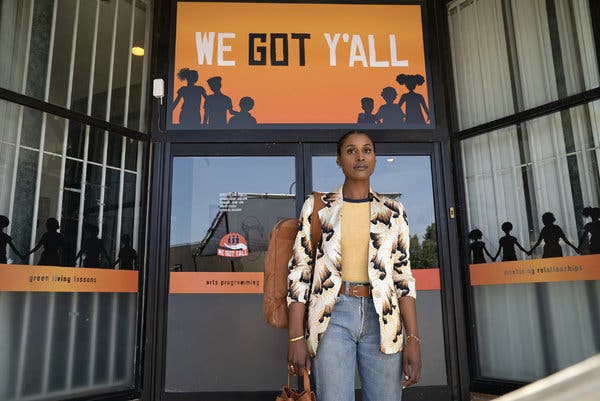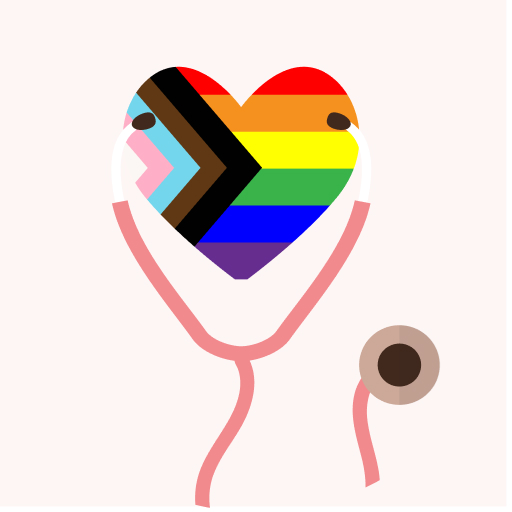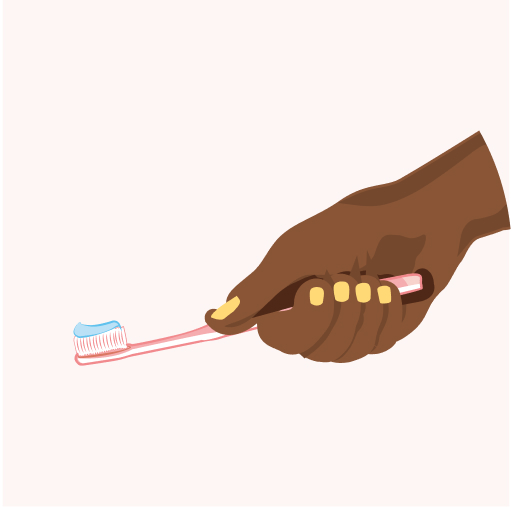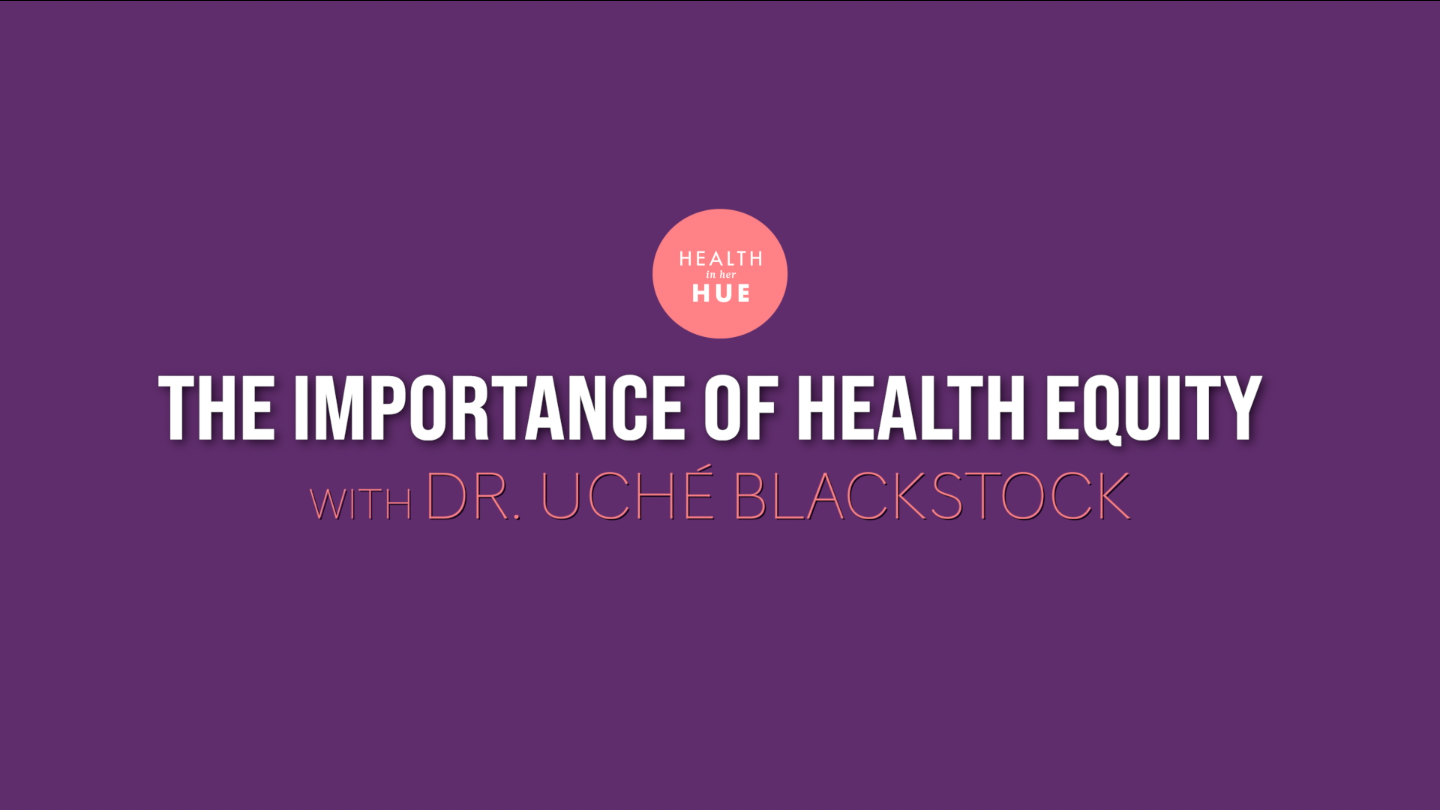
Public Health and Racism: We’ve Only Scratched the Surface
When I began learning about health disparities my junior year of college, I wasn’t the least bit surprised that Black people had worse health outcomes because of racism; to me that was common knowledge. I mean, America was literally built on racism and the oppression of Black people. “They don’t listen to us because we’re Black.” I’ve heard statements like that since I was a child, and I saw racism’s effects daily. Although I wasn’t surprised by the information I was learning in my coursework, I found it interesting that the information was only being taken seriously because it had been “researched.” It was jarring to me that the experiences of millions of people seem to only be validated because a group of academics stated it could statistically be proven true. As I dove deeper into my public health career, racism remained a root cause of many health inequities. Yet, it seemed as if most public health efforts to combat racism stopped at research and there was no way of tackling it beyond the ivory tower.
Public health is fueled by research, and although research highlights major health issues within our society, it doesn’t always solve them. In my opinion, there is a lack of community engagement. Many researchers get accustomed to going into communities to do studies, but rarely return to disseminate the results or work with community to develop a solution. Communities typically know their strengths and weaknesses; what public health researchers need to do is engage the community for insights and guidance. At times, it seems as if researchers study communities for personal and institutional acclaim, but not for actual change. Everyone should take pride in their work, but as a public health professional, if your work isn’t servicing the community, then you’re doing the community a disservice.
We can’t forget that racism isn’t solely an interpersonal issue, but a structural one. I see how racism is ingrained in many of our institutions– even the ones that are trying to actively combat it (yeah, you read that correctly). It is no surprise that most research roles (e.g. epidemiologist, research scientist, etc.) are the highest paying jobs in public health, but when we examine the demographics of these teams, it is clear that there is a difference between who’s usually in charge and who is actually conducting the research. It becomes even more apparent when you look at who is in community engagement roles that either pay less or are strictly voluntary roles. I find it a bit disheartening that in many public health research labs, principal investigators are not the same race as their target populations. While this isn’t necessarily a bad thing, it’s questionable when the only hint of diversity on their research teams are only used for recruiting and community engagement. It’s even more troubling when we’re still using terms like“field workers” to refer to these workers. This isn’t exclusive to academia, but to health departments, non-profits, and hospitals as well.
Sometimes I think public health professionals view racism and other ‘isms’ as theories. It’s viewed in retrospect and not something that is still oppressing people today. We act like it doesn’t exist in the same institutions we operate in, and think just because we acknowledge it, that means we’ve done enough. There isn’t a simple solution as to how we can actually dismantle racism, it is a complex battle, but I believe we can take some steps beyond published papers and see where it takes us. Here are a few starting points:
Educate to Empower:
We need to educate all public health workers on racism. Sometimes we forget that not all public health workers are Master degree and PhD holders. Some public health workers have never formally taken a class on racism. It isn’t enough to know what interpersonal racism is, we have to understand how racism works structurally and institutionally and understand the history of racism in this country. I am thankful for public health pioneers such as Dr. Mary Bassett and her call to action as New York City’s Health Commissioner. Her initiative Race to Justice is one that is changing the ways in which New York City’s Department of Health addresses racism in healthcare.
Get Comfortable With Discomfort:
Public health professionals need to become radical in their work. If we’re striving to improve health outcomes for our communities, then we must be passionate and unshakeable in our beliefs. It isn’t enough to name racism, we must call it out when we identify it. Check your privilege and hold yourself accountable. Let’s not become complacent or too afraid of repercussions, public health needs people who are willing to go the extra mile for social justice. This requires boldness. Discomfort should be your goal. People should feel conviction when you speak about racism, don’t hold back for the sake of feelings, because people’s lives are on the line.
Get rid of silos and collaborate:
Racism is the result of centuries of indoctrination by a group of people, so it’s safe to say that ending racism’s impact won’t take a year or two or happen with one individual. I say this to emphasize the importance of finding other public health professionals with whom we can create communities. Sometimes I think about how coalition building was imperative for many successful movements. Not everyone’s views had to align, but a common goal was what kept people focused and united. If racism is a root cause in our areas of expertise, then our focus should be on uniting to combat it. By networking and creating communities, we leverage strength and support, two crucial traits needed to fight white supremacy. I believe if more public health professionals link together via social media and other networking platforms, we can introduce the masses to a multifaceted discipline of public health. Public health isn’t solely obesity and reproductive health, it’s more than food inspection and infectious disease control. It’s about fighting to provide equitable healthcare to everyone. It’s about making sure our most vulnerable populations are treated with understanding and respect. It’s about amplifying the voices that are often ignored or dismissed so future generations have a chance at living healthier lives.










